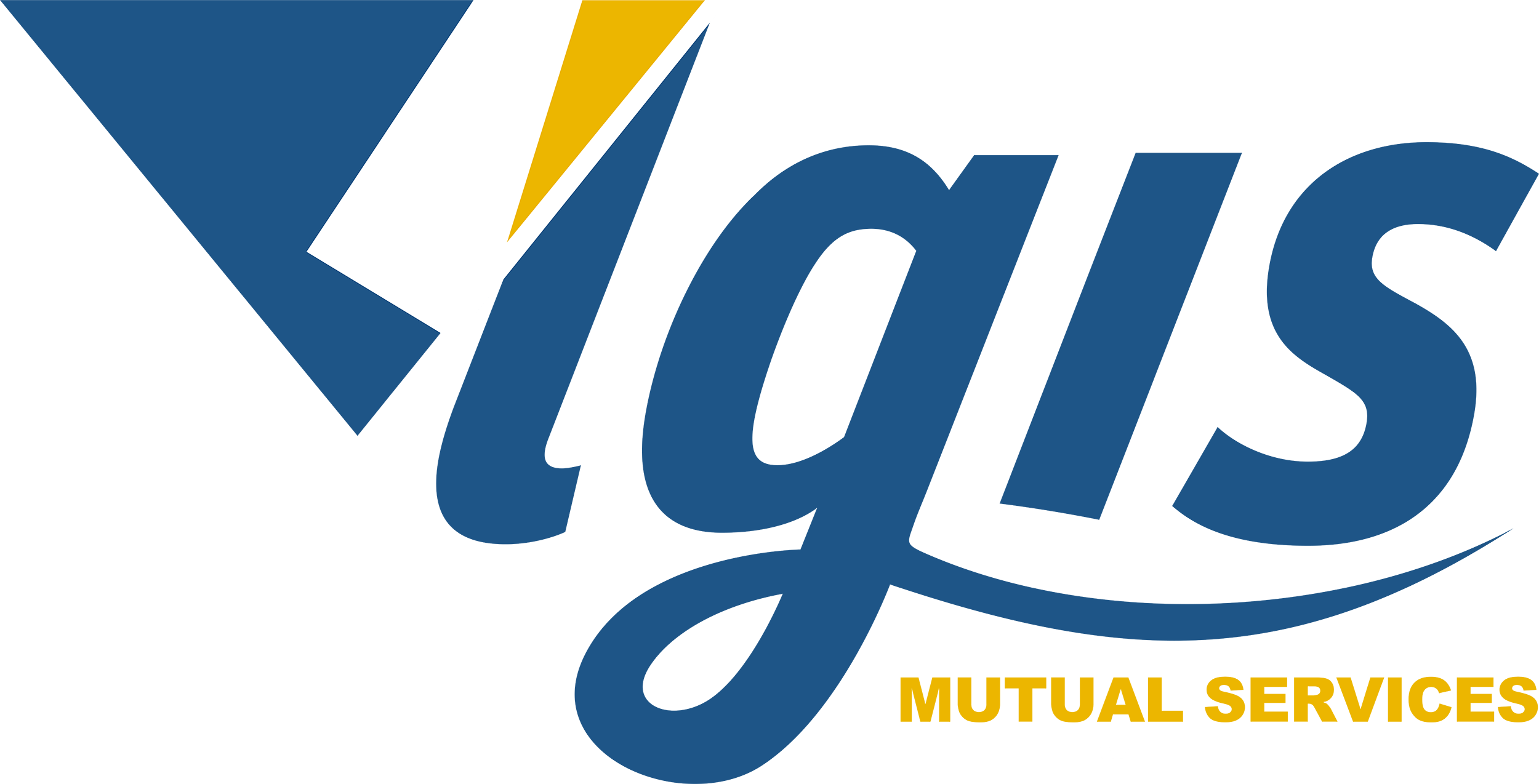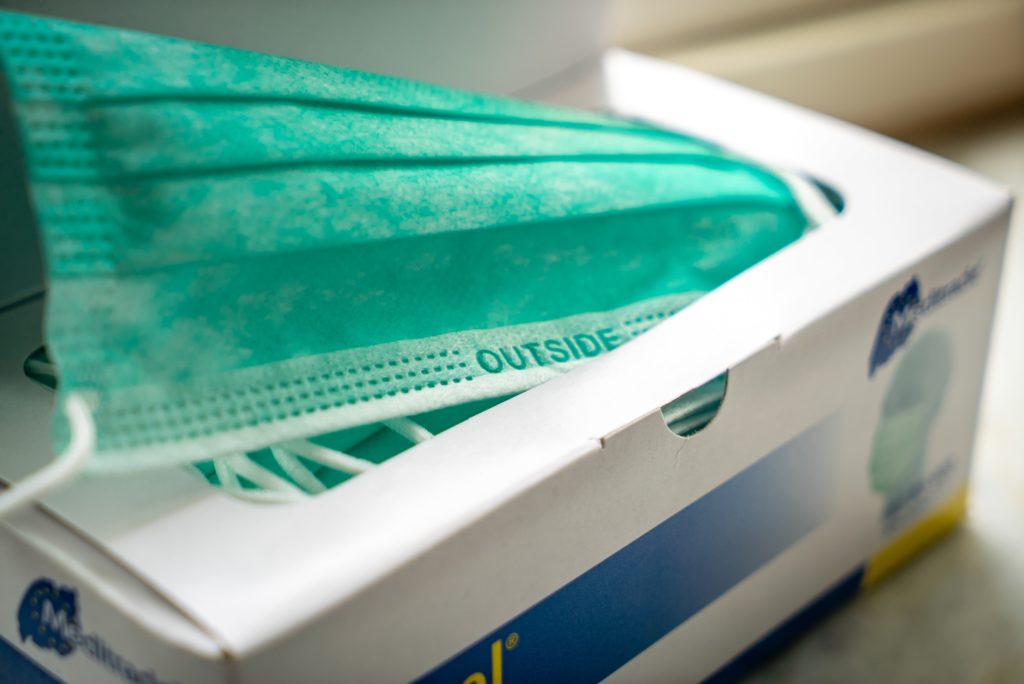What’s the Local Government Safety Advisory Group (LGSAG) all about, and why should members join?
At its core, LGIS is all about local governments working together to achieve best outcomes for their organisations, people
and community. LGSAG is one such initiative where we have collaborated with member representatives to ensure they can create a safe and healthy work environment for their workforce when it comes into effect sometime next year.



